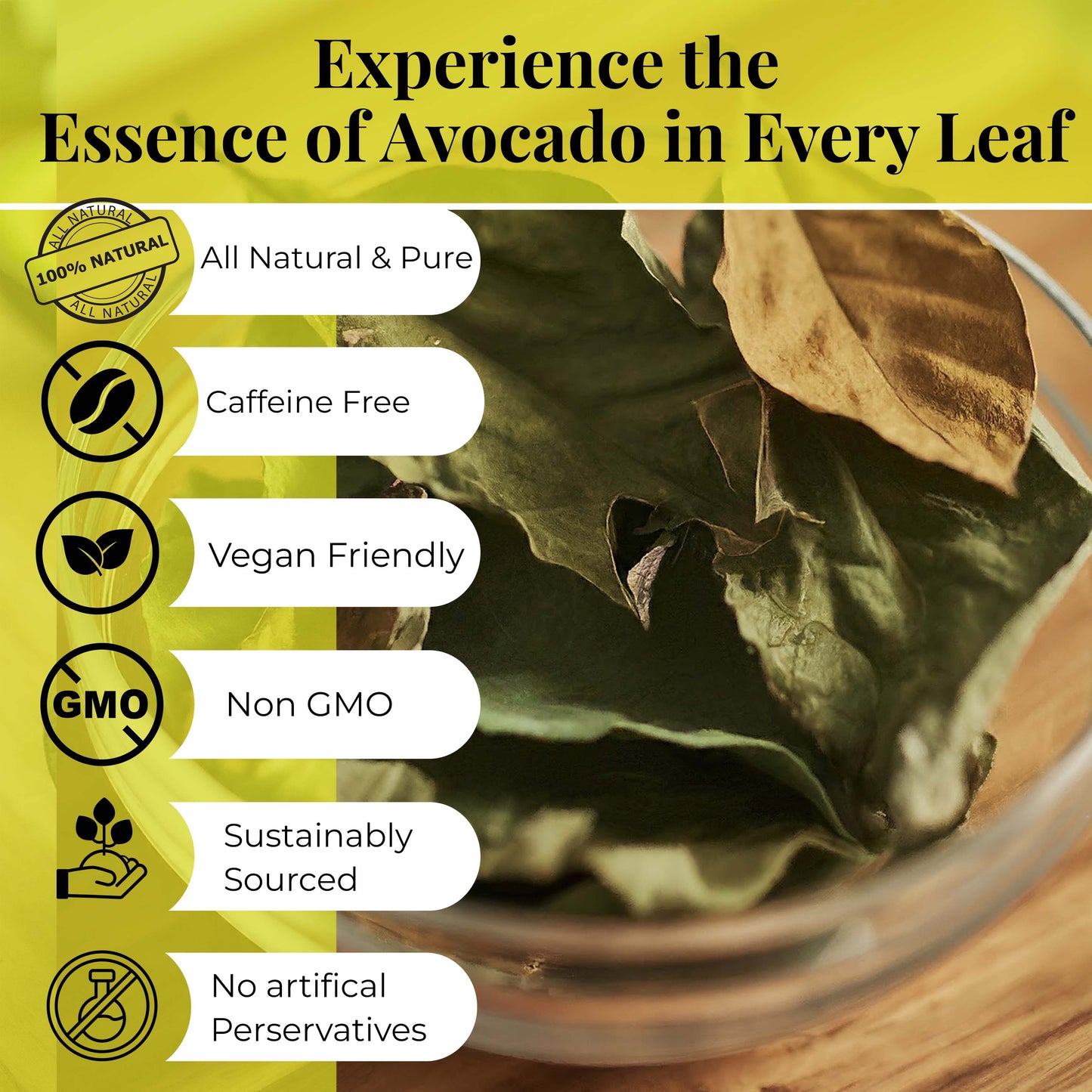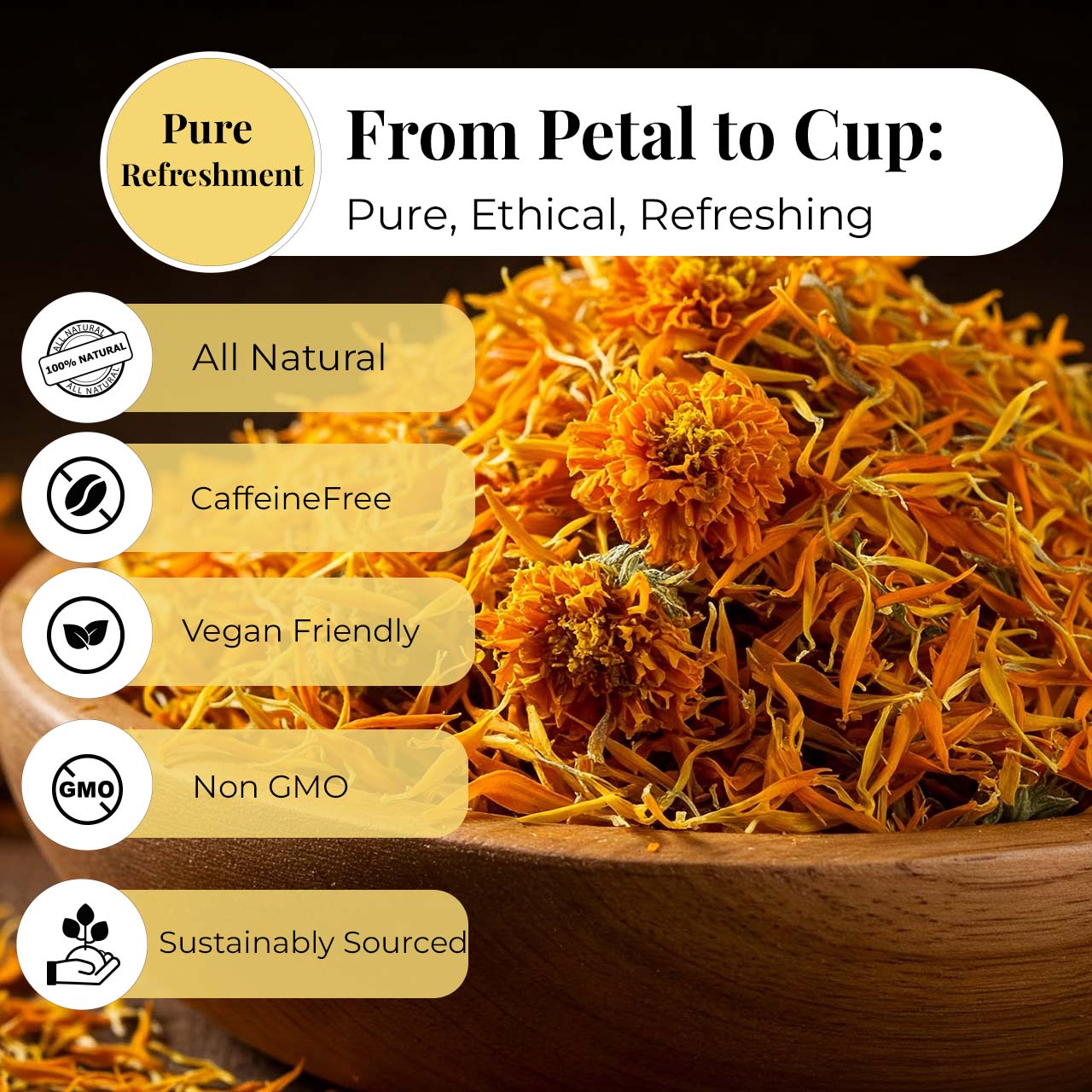Introduction: The Rise of Herbal Wellness and Eucalyptus Tea
In an age where holistic health and natural remedies are becoming integral to daily self-care routines, eucalyptus tea is emerging as a powerful wellness ally. Known for its crisp, invigorating aroma and therapeutic benefits, eucalyptus tea is more than just a traditional cold remedy—it's a natural herbal infusion that supports respiratory health, immunity, mental clarity, and more.
If you’ve been searching for a natural remedy for congestion, a caffeine-free herbal tea for stress, or a plant-based solution for inflammation, eucalyptus tea might be the missing piece in your wellness ritual.
In this in-depth guide, we explore the health benefits of eucalyptus tea, its bioactive compounds, brewing tips, safety considerations, and why it earns a permanent place in your daily wellness routine.

What Is Eucalyptus Tea?
Eucalyptus tea is made by steeping the dried leaves of the Eucalyptus globulus tree—commonly known as the blue gum tree. Native to Australia and widely used in traditional Aboriginal medicine, eucalyptus leaves contain eucalyptol (1,8-cineole), a bioactive compound responsible for many of the plant's therapeutic effects.
Eucalyptus leaves have long been used for:
- Relieving respiratory congestion
- Soothing sore throats
- Reducing inflammation
- Combating bacteria and fungi
1. Eucalyptus Tea Supports Respiratory Health Naturally
The most well-documented benefit of eucalyptus tea lies in its powerful effect on the respiratory system. The high content of eucalyptol (1,8-cineole) acts as a natural expectorant and bronchodilator, which helps:
- Open up airways
- Loosen mucus in the lungs
- Relieve sinus pressure
- Soothe sore throats and dry coughs
How to Use:
- Drink 1–2 cups of eucalyptus tea during cold or allergy season.
- Add a few drops of the tea to a bowl of hot water and inhale the steam to clear nasal passages.
2. Packed With Antioxidants That Fight Inflammation
Eucalyptus leaves are rich in flavonoids, tannins, and polyphenols—compounds that act as natural antioxidants. These compounds help:
- Neutralize harmful free radicals
- Reduce chronic inflammation
- Protect cells from oxidative damage
- Lower the risk of chronic diseases like arthritis and cardiovascular issues
3. A Natural Way to Boost Immunity
Eucalyptus tea can stimulate the immune system by enhancing blood cell activity, thanks to its antimicrobial and immunomodulatory properties. Eucalyptol has been shown to inhibit the growth of:
- Bacteria like Streptococcus pneumoniae
- Viruses responsible for common colds
- Fungal infections such as Candida
Bonus:
Its antimicrobial action also helps prevent oral infections, making it a great post-meal herbal rinse.
4. Reduces Mental Fatigue and Enhances Mental Clarity
Inhaling the vapor or sipping a warm cup of eucalyptus tea can lead to increased mental alertness and reduced stress.
Expert Quote:
“The aromatic compounds in eucalyptus tea have a mild stimulating effect that helps lift brain fog without the jitteriness of caffeine,” says Dr. Anita Kapoor.
Ideal Times to Drink:
- Mid-afternoon slumps
- During meditation or breathwork
- Before sleep to promote calmness
5. Oral Health Benefits and Antibacterial Properties
Due to its potent antibacterial nature, eucalyptus tea can be used as a natural oral rinse to fight:
- Plaque-causing bacteria
- Bad breath
- Minor gum inflammation
✔️ Tip: After brushing, swish and spit cooled eucalyptus tea for an all-natural mouthwash alternative.
How to Brew Eucalyptus Tea (Correctly and Safely)
Ingredients:
- 1 teaspoon of dried, food-grade eucalyptus leaves
- 1 cup of freshly boiled water
- Optional: raw honey or lemon
Steps:
- Place leaves in a tea infuser or teapot.
- Pour hot water over the leaves.
- Steep for 5–7 minutes (not longer to avoid bitterness).
- Strain and enjoy.
Safety Warning: Never ingest eucalyptus essential oil. Only use dried, food-safe leaves from reputable sources.
Who Should Avoid Eucalyptus Tea?
Although eucalyptus tea is considered safe for most adults in moderate amounts, it is not suitable for everyone. Avoid or consult your doctor if you:
- Are pregnant or breastfeeding
- Have liver disease or kidney conditions
- Are taking medications that interact with liver enzymes (e.g., seizure meds)
- Are allergic to eucalyptus or menthol-related compounds
- Are under age 2 (not safe for children)
Frequently Asked Questions (FAQs)
Q: Can you drink eucalyptus tea every day?
A: Yes, in moderation. One to two cups per day is considered safe for healthy adults.
Q: Is eucalyptus tea safe during pregnancy?
A: No. Due to its potent compounds, eucalyptus tea should be avoided unless cleared by your physician.
Q: Does eucalyptus tea contain caffeine?
A: No. Eucalyptus tea is completely caffeine-free, making it a calming choice for evening routines.
Final Thoughts: Eucalyptus Tea as a Holistic Health Staple
Adding eucalyptus tea to your wellness routine is an easy, affordable way to support your lungs, immune system, and mind-body balance—all from a single cup. This natural, multi-functional herbal tea offers gentle yet powerful support without the side effects of synthetic medications.
Whether you’re looking for a natural cold remedy, a daily detox tea, or just a calming ritual to add to your self-care, eucalyptus tea delivers.
Reference List
- Juergens, U. R. (2014). Anti-inflammatory effects of eucalyptol (1.8-cineole) in airway diseases. Respiratory Medicine, 108(6), 975–984. https://doi.org/10.1016/j.rmed.2014.03.003
- Sadlon, A. E., & Lamson, D. W. (2010). Immune-modifying and antimicrobial effects of Eucalyptus oil and simple inhalation devices. Alternative Medicine Review, 15(1), 33–47.
- Ghalem, N. B. R., & Mohamed, B. (2011). Antibacterial activity of leaf essential oils of Eucalyptus globulus and Eucalyptus camaldulensis. African Journal of Pharmacy and Pharmacology, 5(6), 943–947.
- Saha, S., Ghosh, S., & Mandal, S. (2021). Phytochemical and pharmacological overview of the genus Eucalyptus. Frontiers in Pharmacology, 12, 627105. https://doi.org/10.3389/fphar.2021.627105
- Silva, J. et al. (2003). Analgesic and anti-inflammatory effects of essential oils of Eucalyptus. Journal of Ethnopharmacology, 89(2–3), 277–283. https://doi.org/10.1016/S0378-8741(03)00334-5




























